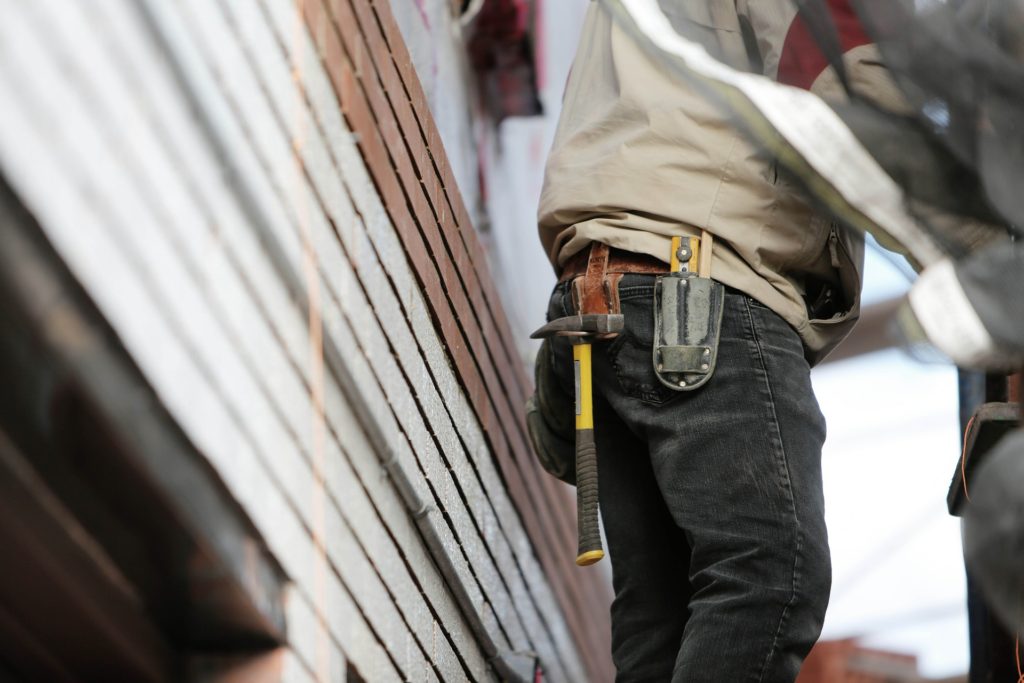
Many residential roofing contractors have told me that they limit their warranties to two years. They do this to mirror the jurisdiction of the Registrar over defective construction. Contractors can limit their express warrantiesto two years by stating in the contract with the customerthat the warranty lasts for two years.
However, the law implies warranties – that is, warranties that exist because the law says they exists, no because parties to the contract have agreed upon the warranty. Three examples include Lemon Laws (e.g.: if you purchase a defective car that cannot be fixed within four attempts, you can obtain a refund), Warranties of Merchantability (e.g.: the seller of an item warrants the item is worthy of being sold) and Fitness for a Particular Purpose (e.g.: the seller warrants that an item sold will work for a specific use).
If you never have a workmanship issue, you never install roofs. Warranty issues can be avoided but not eliminated.
As to residential contractors, the law implies warranties of good workmanshipand habitability upon them. The implied warranty of good workmanship and habitability can be claimed by purchasers of new housing as well as subsequent purchasers, the warranty applies to defects that could not have been discovered with a reasonable inspection prior to its purchase. Because a claim based upon this implied warranty is six years from the date of discovery of the defect, your company’s exposure to a lawsuit could be lengthy. The implied warranty of good workmanship and habitability cannot be waived by a contract provision.
For example, assume you re-roof a residence. After the third year, the homeowner alleges that your workmanship was substandard. The homeowner waits five more years, and then files a lawsuit against your company. Because the homeowner filed the lawsuit within six years of the date of discovery of the alleged defect, the lawsuit will be timely.
However, there is a cut off to your liability. Under Arizona law, any lawsuit based upon a claim of poor residential workmanshipor habitability must have been commenced within nine years. As a result, after nine years, your company cannot be sued by your customer for breach of the implied warranty of workmanship or habitability, irrespective of when your customer discovers the allegedly defective work.
If you never have a workmanship issue, you never install roofs. Warranty issues can be avoidedbut not eliminated. If you are notified of a workmanship issue, and your company performed the work within the prior nine years, it is best to listen to your customer and try to do what is necessary to repair the rood. On the other hand, assuming you only have an express warranty of two years in your contract, the customer may not know that his or her implied warranty extends past your explicit two year warranty. In that case, you may find that you can use your customer’s ignorance to your advantage.
